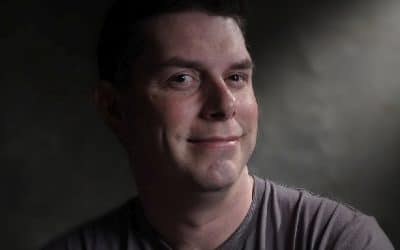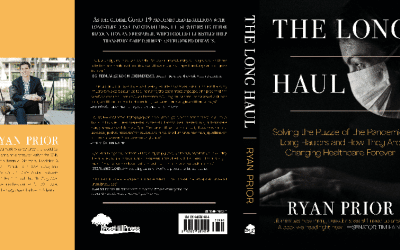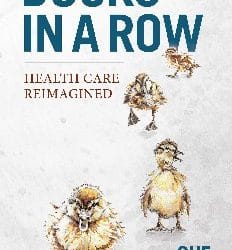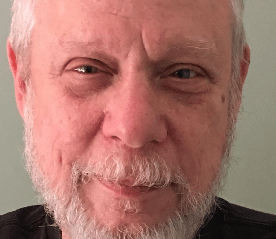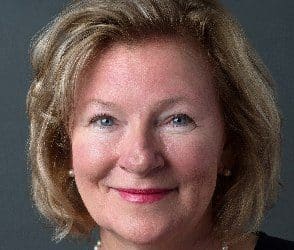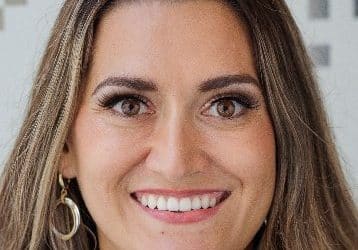e-Patients Blog
The blog of the Society for Participatory Medicine. Want to be a contributor?
Expert Advisory Boards: A New Model for Co-Exploration
A few years ago I learned that non-profit organizations MUST have a Scientific or Medical Advisory Board in order to be listed on NIH's website as an informational resource for patients. Likewise, many foundation grants require a non-profit to have a similar board....
Health Literacy Requires Talking with People – Not Patients
“When someone is having an acute situation, that is not a teaching moment.” Peter Pitts I recently participated on a panel at the STAT Summit with two brilliant healthcare thought leaders, former FDA Associate Commissioner and current president of the Center for...
“It Can Save Your Life”: How You Can Play an Active Role in Your Cancer Care – A Book Excerpt
Editor’s note: In his new book, Open Heart, Warrior Spirit: A Man’s Guide to Living With Cancer, patient activist Trevor Maxwell explains why men go into their "man caves" when facing a cancer diagnosis; provides tips for avoiding that dangerous isolation; and tells...
Patient Design: The Importance of Including Patients in Designing Health Care
This post is about a paper I co-authored in JMIR in August with Bertalan Meskó MD PhD, Patient Design: The Importance of Including Patients in Designing Health Care. It's challenging and perhaps a bit confrontational to conventional healthcare, because it directly...
A Citizen’s Response Corps for Digital Health
Editor’s note: In his new book, The Long Haul - Solving the Puzzle of the Pandemic's Long Haulers and How They Are Changing Healthcare Forever, journalist and patient Ryan Prior depicts the courage of patients with Long COVID who were the first to name, research and...
SPM and health equity: is our Manifesto equitable? Join us Oct. 20
Join us in Boston, Thursday afternoon, October 20. Oct 20 update: Here is the updated Zoom link. The Society for Participatory Medicine believes that the culture of healthcare is not benefiting everyone equally and needs to change. And healthcare won’t get better...
Storytelling: Where Compassion is Born
Editor’s note: In this excerpt from her latest book, Ducks in a Row, Canadian-based author, Sue Robins explains the power of storytelling for everybody invested in health care—patients and clinicians alike. A well-told story, Robins explains, has the ability to...
Building Us Up, Not Tearing Us Down
“Lack of effort and persistence” Those words cut like a knife, leaving a deeper wound than any facet of illness my daughter has faced. A provider used those words to describe my 19-year-old daughter Sara, who has lived her entire life with chronic complex medical...
Active Surveillance 101: A New Resource Driven by Patients and Crafted With Physicians
Active surveillance (AS) for low-risk to intermediate-risk prostate cancer has been “an overnight success” that took 30 years to move from academia to mainstream practices. Since 2014, AS -- close monitoring of low-risk prostate cancer with PSA blood testing, MRIs and...
Dr. Danny Sands: Participatory Medicine Can Cure Many Ills
Embracing shared decision making in medicine will improve patient outcomes, reduce costs, increase health equity, and even help alleviate clinician burnout, Danny Sands, MD, co-founder of the Society for Participatory Medicine, said in a recent podcast interview. Erin...
Patients and the Diagnostic Journey: Finding Specialists
The journey to diagnosis for patients, particularly those living with complex health conditions remains challenging for patients, their loved ones, and their physicians. As frontline experts on the diseases and conditions affecting their lives, patients and family...
The Keys to Good Relationships With Your Care Teams
Being born with cystic fibrosis, a progressive, genetic lung disease, I have had countless health encounters throughout my life. Through these experiences I have learned the power that lies in self advocating for my health in the clinic setting with my doctors and...



